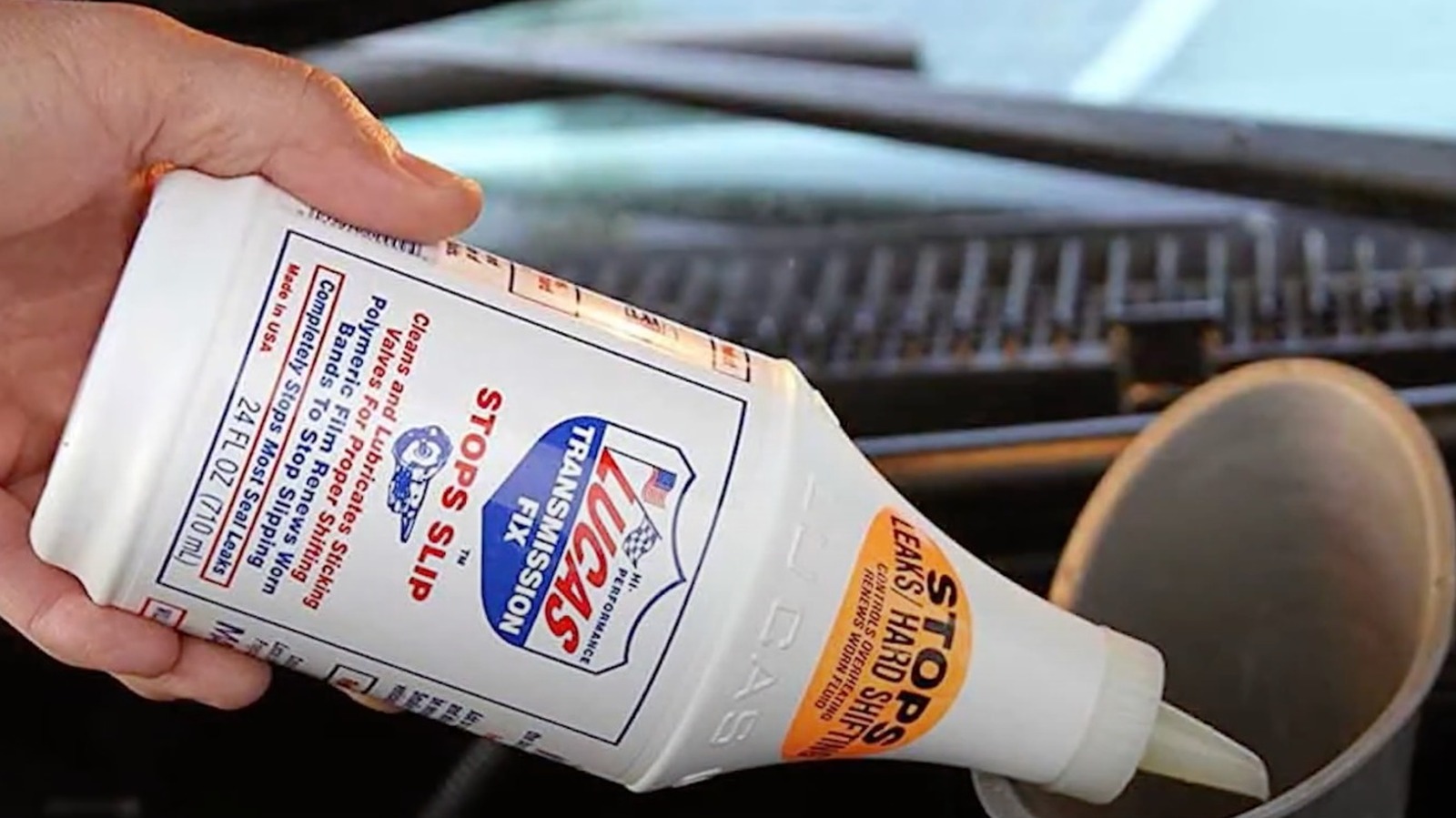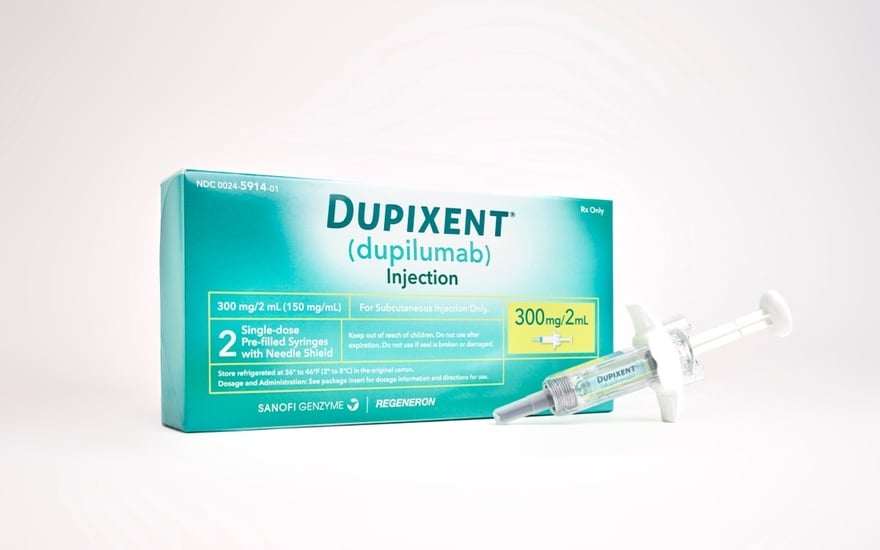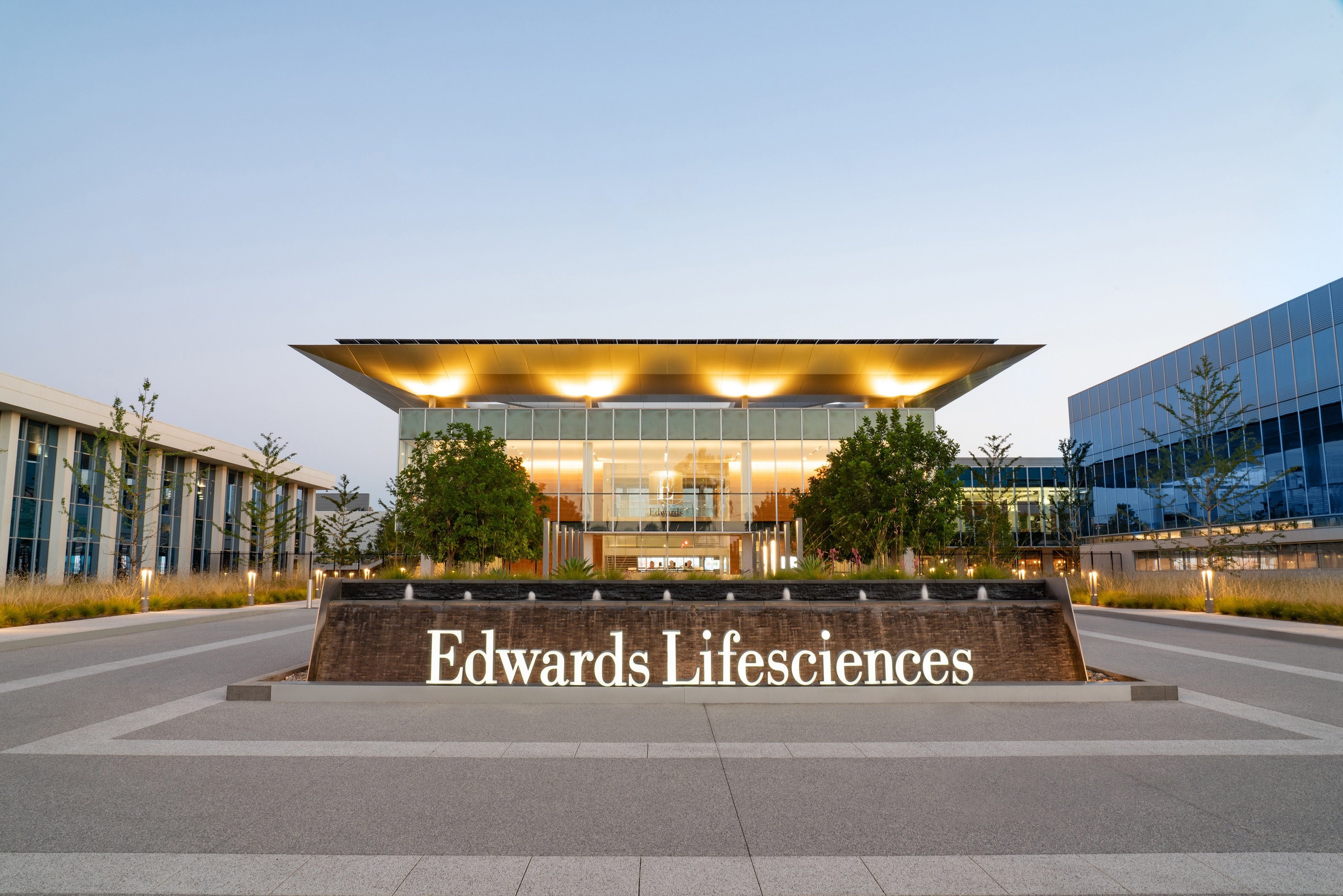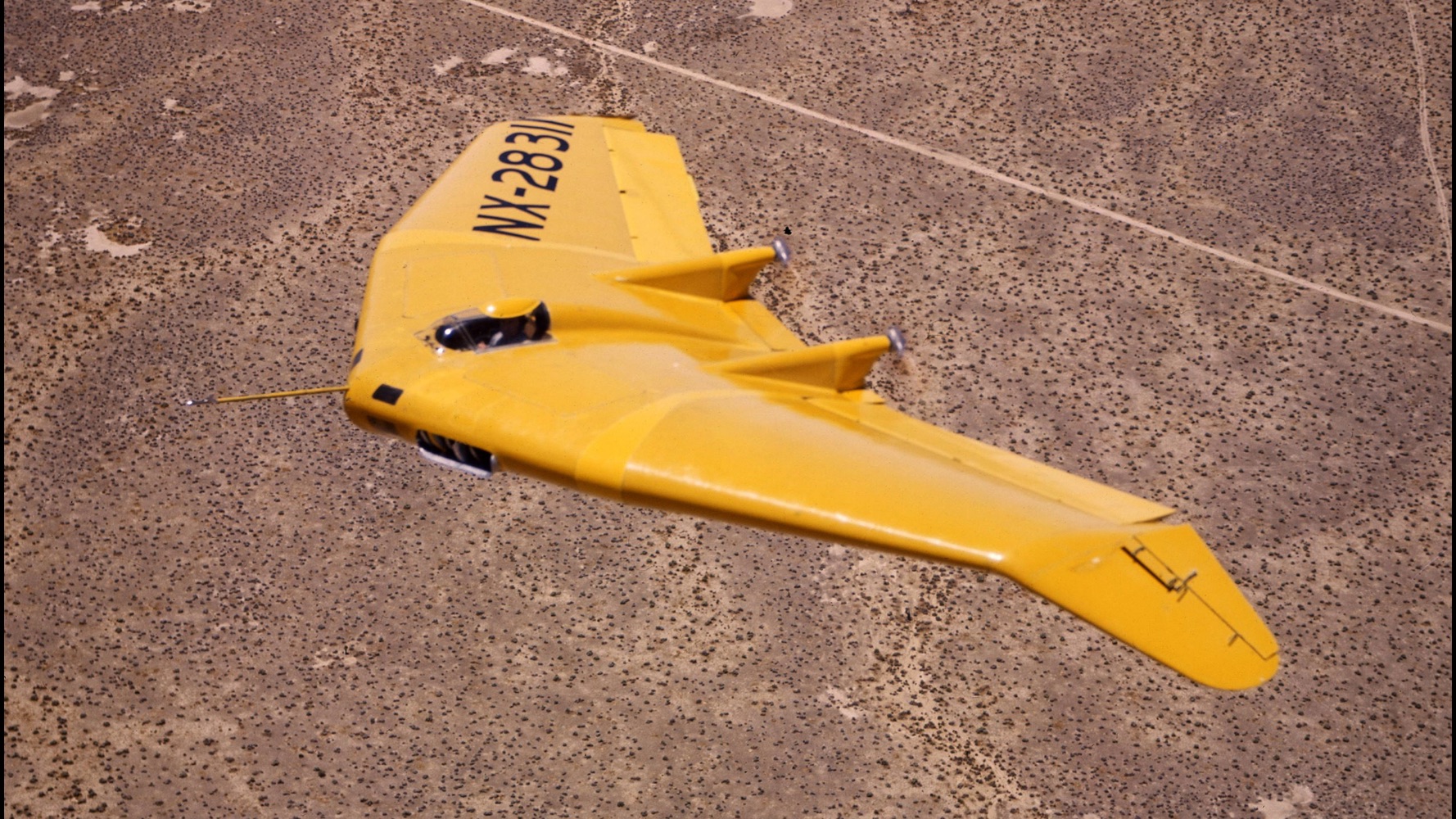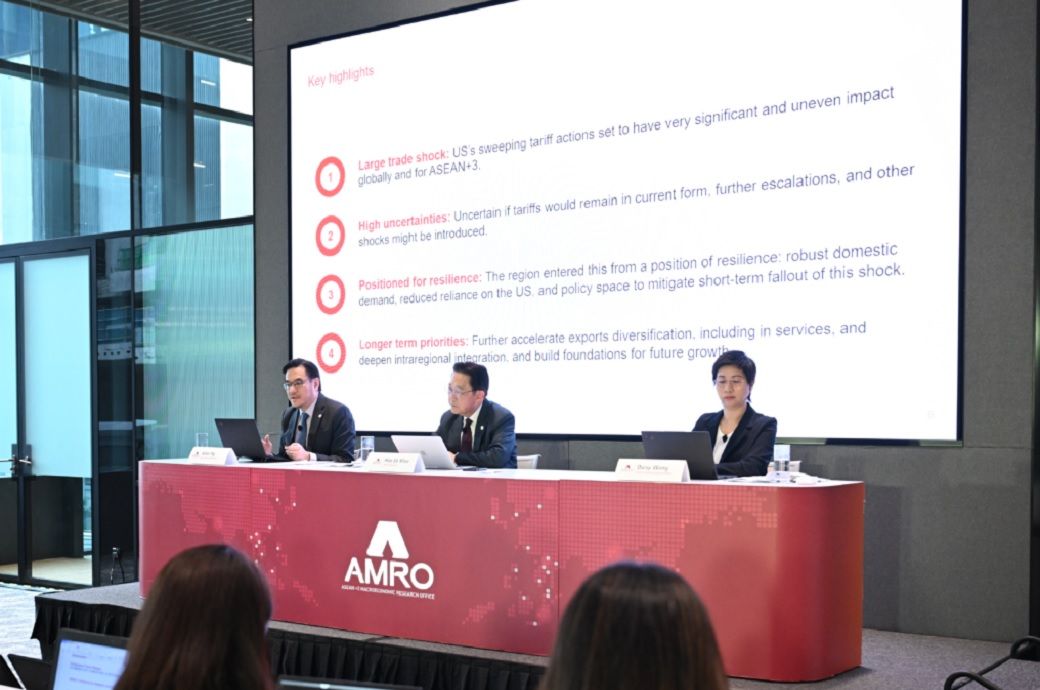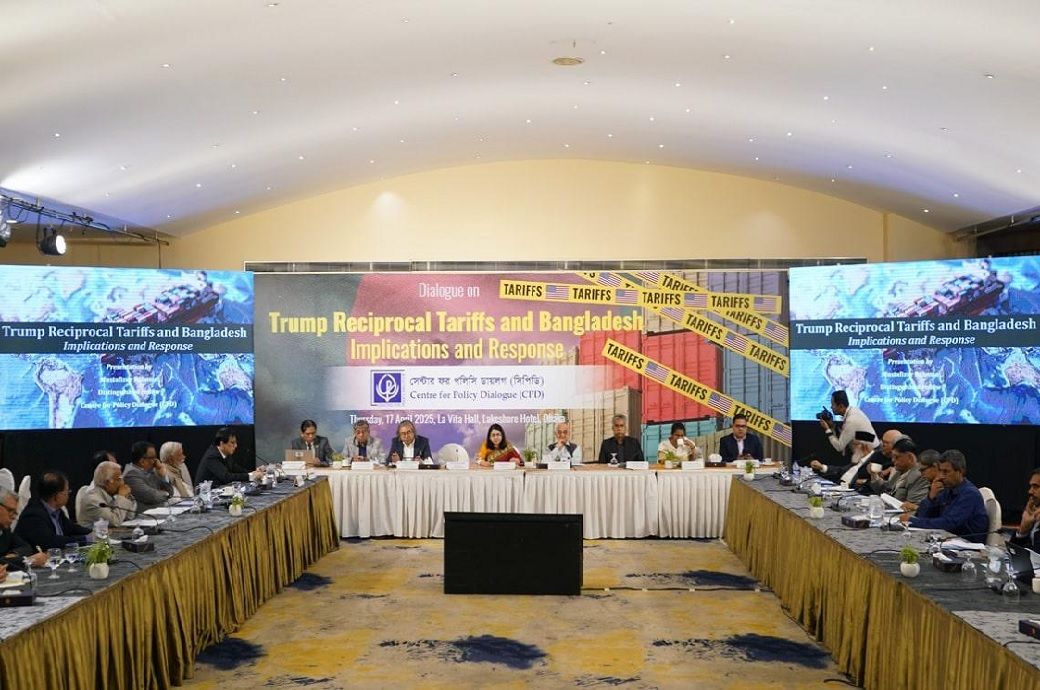3D Mechanical Response Stem Cell Complex Repairs Spinal Cord Injury by Promoting Neurogenesis and Regulating Tissue Homeostasis
Advanced Healthcare Materials, EarlyView.

The 3D mechanical response stem cell complex (MRSCC) leverages 3D bioprinting and gelatin microcarriers laden with mesenchymal stem cells (MSCs) to forge an optimal mechanical environment. It activates the Piezo1 channel and modulates YAP, thereby boosting neural gene expression within MSCs. MRSCC catalyzes motor recovery while stimulating neuronal and glial regeneration for spinal cord injury.
Abstract
Spinal cord injury (SCI) leads to acute tissue damage that disrupts the microenvironmental homeostasis of the spinal cord, inhibiting cell survival and function, and thereby undermining treatment efficacy. Traditional stem cell therapies have limited success in SCI, due to the difficulties in maintaining cell survival and inducing sustained differentiation into neural lineages. A new solution may arise from controlling the fate of stem cells by creating an appropriate mechanical microenvironment. In this study, mechanical response stem cell complex (MRSCC) is created as an innovative therapeutic strategy for SCI, utilizing 3D bioprinting technology and gelatin microcarriers (GM) loaded with mesenchymal stem cells (MSCs). GM creates an optimal microenvironment for MSCs growth and paracrine activity. Meanwhile, 3D bioprinting allows accurate control of spatial pore architecture and mechanical characteristics of the cell construct to encourage neuroregeneration. The mechanical microenvironment created by MRSCC is found to activate the Piezo1 channel and prevent excessive nuclear translocation of YAP, thereby increasing neural-related gene expression in MSCs. Transplanting MRSCC in rats with spinal cord injuries boosts sensory and motor recovery, reduces inflammation, and stimulates the regeneration of neurons and glial cells. The MRSCC offers a new tissue engineering solution that can promote spinal cord repair.










